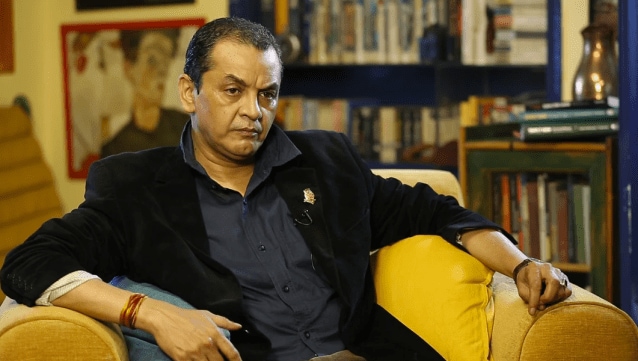
“Do not wake me when it’s done,” Sankarshan Thakur wrote once in a moment of rare public admission of fatigue. It was 2019, and India was reeling under one more round of spectacle and despair. The piece was astonishing and clarifying at the same time. He invoked krishnapaksha, the waning phase of the moon, which symbolises descent into darkness and its inevitable counter, shuklapaksha, the waxing phase when the light returns. Perhaps, he wanted to express a paradoxical withdrawal combined with a refusal to be co-opted. He predicted winter was coming, but also said, “Winter is not a forever season.”
As word reached me of his death, it was impossible for me not to say to him that it isn’t done yet, Sankarshan bhai. You shouldn’t have left. Not yet. We still had things to disagree about. Elections to fight. Pieces you would write and I would read with some irritation, some admiration. This was a man who insisted on Bihar being seen in all its contradictions, and central to India’s political story. He did not opine from afar. Nor did he become a tired local oracle quoting tired facts. He kept coming back — to districts, booths, to messy speeches and fractured memories of political workers and ordinary people. He worked as if the politics of this region had not yielded its secrets. He never acted as if he already knew it all.
Sankarshan bhai didn’t trade in clickbait narratives. His was not a “both sides” journalism, but one that gave a sense of people’s experience. He understood the dangerous pull of charisma. He also understood betrayal, co-option and failure. He gave complex treatment to both Laluji and Nitishji. His books are layered political documents, with more insight into Bihar’s modern political history than academic papers. His writing doesn’t just document people or events. It delves deep into the undercurrents of democracy, the silences of history, and the urgency of justice.
His takes were never lazy. Even when writing about things others had long stopped caring about, like a forgotten by-election, his sentences hummed with tension. I would re-read a paragraph not only because it was clever, but because it carried an unanticipated weight. He was neither liberal in the tokenistic sense, nor radical in a self-congratulatory one. But he understood what it means when institutions corrode. He expressed this in plain prose or sometimes very poetic prose.
What set him apart was not just his writing but how he thought of his job. At a time when senior editors rarely stepped into the field, he never stopped reporting. With ears to the ground, he keenly listened to people on the margins. I noticed him trudging through Varanasi, listening to ordinary people. I know he wasn’t romantic about it. That was his ethic.
He never cared to belong to the class of celebrity journalists. He didn’t build a brand because he was busy writing things that would make it to the archives. He would not like it if I made him into a saint. Sharp-tongued, sometimes impatient, he was never unfair. He liked to challenge, to push back. His sentences often made us wince, but were never careless. He was not one to follow the dominant narrative.
He was also stylish. His trench coats and tweeds in Delhi winters, along with his pipe set him apart. Wherever he went, whether in India or abroad, he carried his “Bihari-pan” with him — in his collar-up stance, in his unflinching gaze, in that rare mix of pride and mischief. He wasn’t performing it, there is something about Bihar that cannot be explained. Sankarshan bhai embodied it. I admired that. He loved a good argument so much that he never wanted to end it and leave. But he is gone now. It wasn’t time.
The writer is MP (Rajya Sabha), Rashtriya Janata Dal